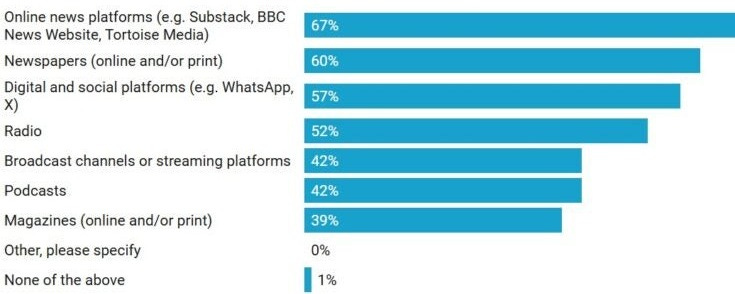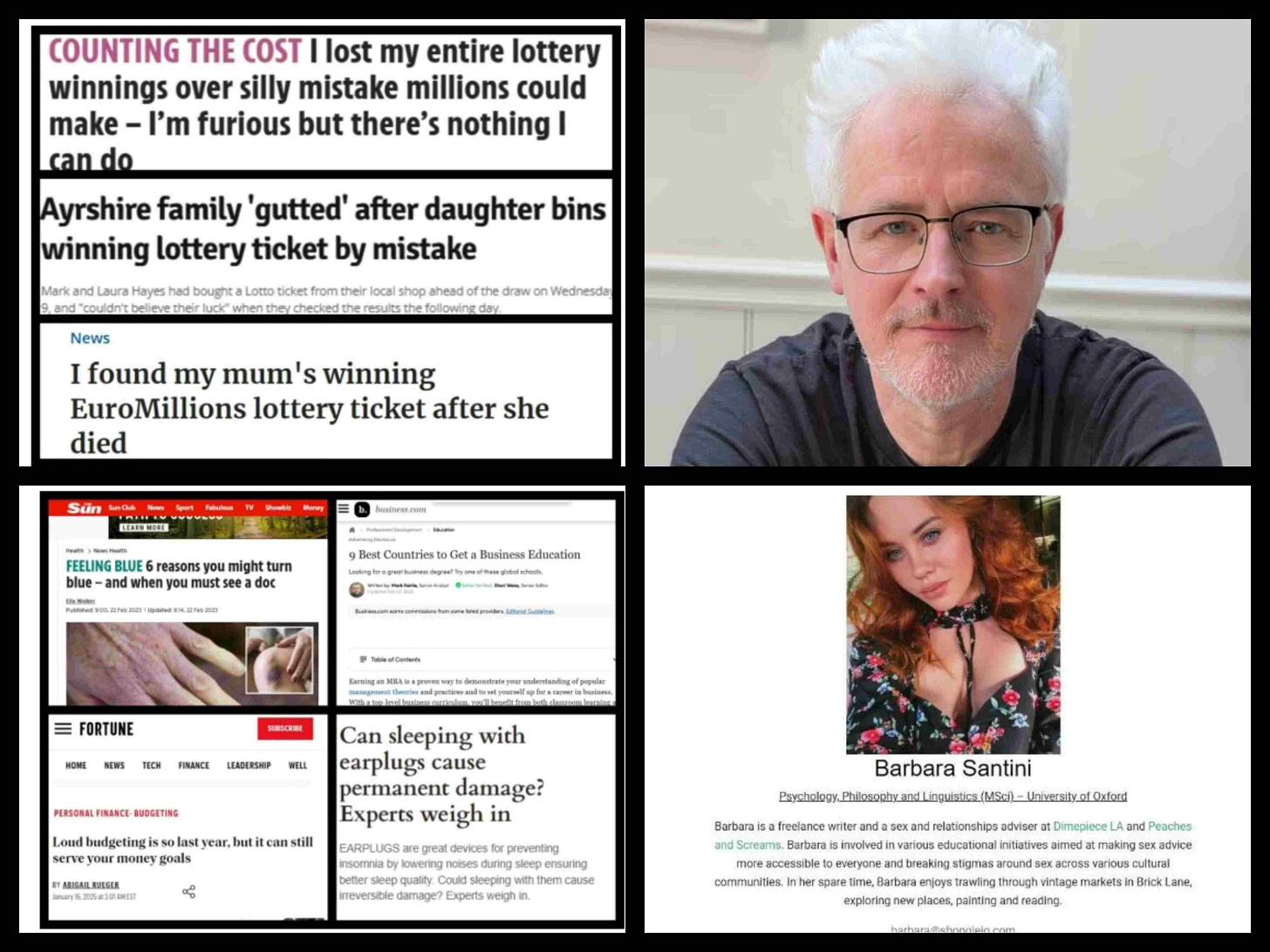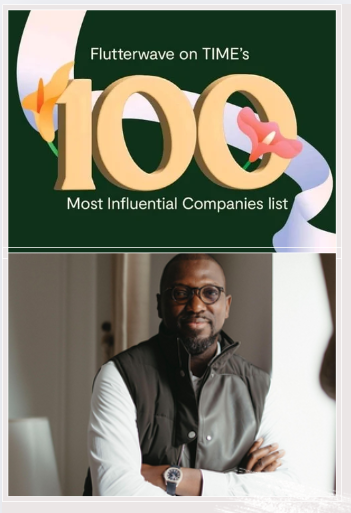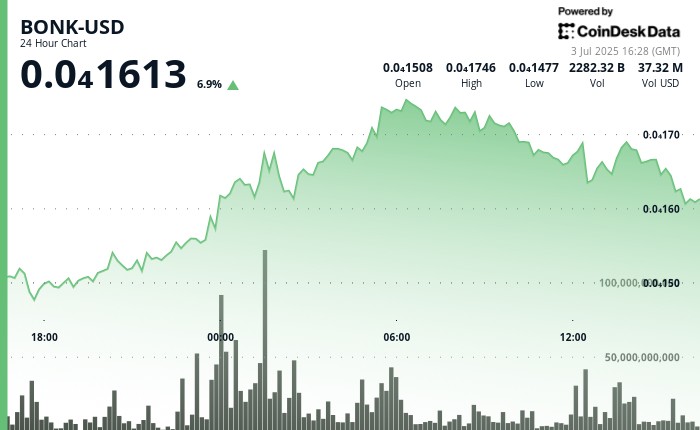'Decision makers' adopt AI for news | Biz title launches $700 per year subscription
Some 81% of the UK's top ‘decision makers’ use AI tools to access the news.
But answer engines like ChatGPT are also among the information sources trusted least by the general public.
I've been given exclusive access to the full data and have pulled out some intriguing revelations about the way both the general public and the elite access news in the UK.
The scariest finding for me was the fact Facebook is still a hugely important source of news for both the general public and the 10% of people (mostly chaps) who are defined by Portland as decision makers. It's also the social platform where people say they are most likely to encounter misinformation.
The skip fire of rage, hatred and hearsay which is X remains surprisingly influential, the survey suggests. And Times Radio’s ad sales folks will be hitting the phones today with the survey’s finding that when it comes to sources of radio news, decision makers name-checked their station more than Radio 4.
Read my full report on the survey findings complete with a smorgasbord of charts and tables.
Today we also have an interview with the president of Canada’s Bell Media, owner of CTV News (which is the most trusted newsbrand in the country, according to the latest Reuters Digital News Report).
Despite pressure on advertising, he explained why news is at the heart of the company’s plans to expand on a multitude of media platforms.
The leadership team at one of the world's leading business publications - Harvard Business Review - have spoken to us about how and why they have launched a new $700 subscription which is some four times more expensive than the previous premium paid content offering.
And in our latest podcast, reporter Rob Waugh talks about the shadowy figures who are successfully bombarding UK news media with fake content.
“AI is now a core part of the news ecosystem for decision makers, and trusted brands like The Guardian and BBC still matter. To reach them, communications professionals need to consider two audiences: people and algorithms.”
“We really wanted to signal quality, and we wanted to signal premium. We know this is a customer base where there is a willingness to pay as long as the content is delivering the insights that we intend to deliver.”
“The world is moving to fewer, bigger, better in terms of apps or where it gets its entertainment, its sports, its news.”
Working with a content licensing agency gives publishers time back to focus on content creation while maximising revenue generation.
Fictional experts and non-existent experts are conning their way into UK news media with the help dodgy PR companies. It's a lucrative business proving search engine juice to gambling sites and dubious online retailers. And it won't stop until publishers raise their game in terms of verifying the sources they quote













